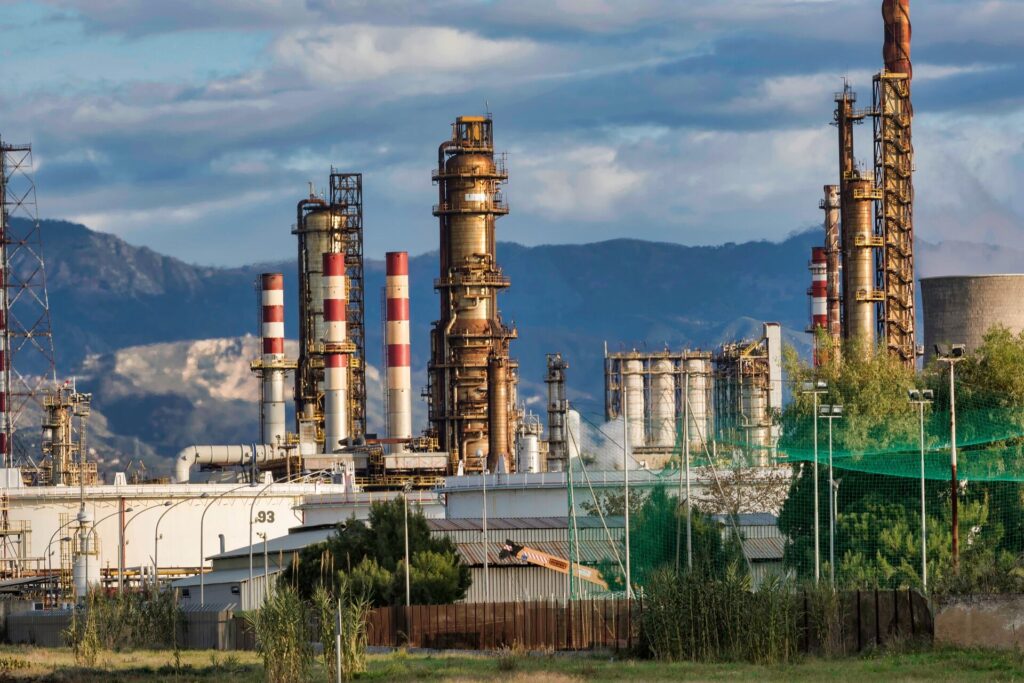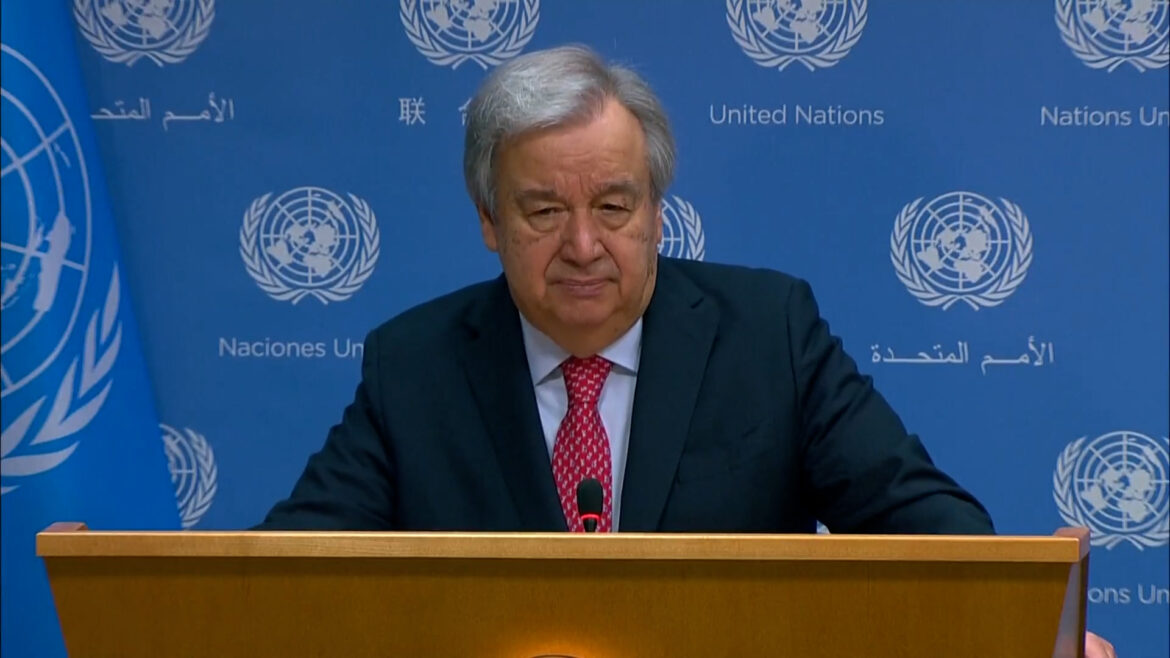On July 27, UN Chief Antonio Guterres made a strong statement regarding climate change. He urged immediate and dramatic action to address the July temperatures, which broke all previous records.
In his opinion, evidence shows that the Earth has entered an “era of global boiling,” surpassing the warming phase.
The Northern Hemisphere’s recent period of extreme heat has been referred to as a “cruel summer” by UN Chief General Antonio Guterres, who also stressed that it is a catastrophe for the entire world.
He warned that several temperature records will likely be broken in July 2023, underscoring the seriousness of climate change.
The UN Chief reaffirmed that the threat posed by climate change is not hypothetical but rather a dreadful reality that mankind is presently experiencing.

The globe has reached a new phase where the effects of climate change are serious and immediate, he emphasized, and the era of global warming is over.
He declared, “The period of global warming is over, and the era of global boiling has begun.” He criticized the fossil fuel industry once more for its level of profits and passivity in the face of catastrophic circumstances.
“The atmosphere is unbearable. It’s too hot to tolerate. Inaction on climate change and the level of fossil fuel profits are unacceptable,” according to a former Portuguese prime minister.
Guterres urged leaders to move swiftly and urged an end to hesitation, rationalizations, and waiting for others to initiate. He demanded an immediate and comprehensive reaction to the problem.
In anticipation of the Climate Ambition Summit in September, Guterres urged industrialized nations to make a commitment to becoming carbon neutral as soon as feasible by the year 2040 and developing economies to do the same by the year 2050.
He challenged people to use the current “year of burning heat” to turn the climate catastrophe into a “year of burning ambition” and avert its worst effects.

READ ALSO – Indian Refineries Will Increase Capacity By 56 Million Tonnes Annually By 2028
According to the most recent official projection, Indian refineries would increase at a far slower rate than originally predicted. By 2028, refiners would have added 56 million metric tons annually, bringing the domestic capacity up to 310 mtpa.


